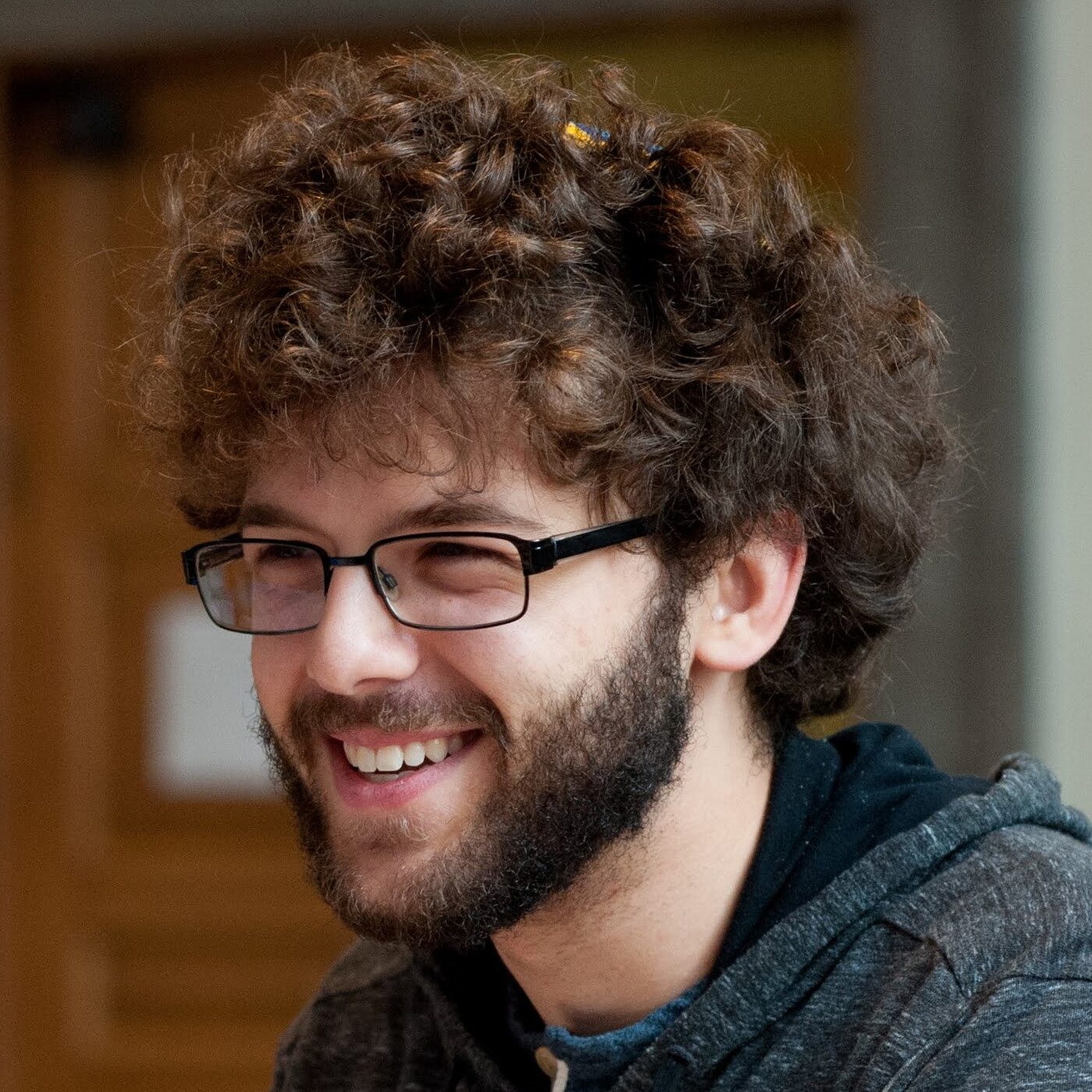Our tradition mandates that we pray three times a day, but why? Muslims pray five times per day, Hindus pray twice, other people pray whenever they feel like it, others just once per week.
So, where did we get three?
The First Theory: It’s all about the Founding Fathers (not the American ones!).
The first theory posits that the Jewish Founding Fathers, more commonly known as the Patriarchs, are responsible for the number of times we pray in a day. In the TalmudReferring to one of two collections, the Jerusalem and Babylonian Talmuds, edited in the 6th century, that contains hundreds of years of commentary, discussion, and exploration of the ideas in the Mishnah. One could describe it as Mishnah + Gemara = Talmud Read more (Berakhot 26b), Rabbi Yosei offers his insight on our question, which I will loosely paraphrase: Abraham, Isaac, and Jacob each established their own daily service.
Shacharit was established, Rabbi Yosei says, by Abraham. How do we know?
Because Genesis 19:27 says that Abraham rose early in the morning “to stand.” Rabbi Yosei then brings a verse from the Book of Psalms which reads “And Pinehas stood up and prayed.” Therefore, he argues, standing is associated with prayer. Abraham standing in the morning means that he was praying in the morning, establishing Shacharit.
Mincha was established, he continues, by Isaac, who “went out la-suach towards evening” (Genesis 24:63). “Towards evening” here is understood to mean “before evening, but after morning” which is the afternoon.
What does la-suach mean? It’s not totally clear, but it seems to mean something like ‘to converse’, ‘to meditate’, or even ‘to wander’. A similar word is used in Psalms to describe a prayer, so, says Rabbi Yosei, Isaac must have prayed in the afternoon!
Maariv was established by Jacob, because “Jacob encountered a place and slept there, for the sun had set” (Genesis 28:11), and what, says Rabbi Yosei, is prayer if not an encounter, this time bringing a line from Jeremiah.
With that, Rabbi Yosei rests his case.
The Second Theory: It’s all about the Temple sacrifices
The second theory is proposed immediately after the first, and it argues that the Temple sacrifices are the real origin of the thrice daily prayers. Rabbi Yehoshua ben Levi says, again with me paraphrasing: When we had a temple, there were two sacrifices per day. One in the morning and one in the afternoon, the Shacharit and the Mincha. Those sacrifices also burned all night, so there’s an evening prayer too.
We definitely have two prayer services per day and, while it’s not the strongest argument in the world, we sort of have a prayer service at night.
And, by the way Rabbi Yosei, that’s all well and good with the patriarchs, but on Shabbat and Festivals there’s an additional prayer (Musaf), and your Abraham-Isaac-Jacob theory doesn’t account for it at all! Mine does, as there was an extra sacrifice on those days.
But wait, why do Jews pray three times per day?
Neither Rabbi Yosei nor Rabbi Yehoshua ben Levi’s theory explains everything.
Rabbi Yosei helps us understand the three daily prayers, but he doesn’t help us understand why we have extra prayers during the holidays. Rabbi Yehoshua ben Levi explains the morning, afternoon, and extra holiday prayers, but he doesn’t have a great answer for why we pray at night.
In fact, the Rabbis will have a huge argument about the complicated status of Maariv for this reason, but that’s for another time.
In trying to answer our question, the Rabbis may have been trying to establish something else. It’s obvious to them that Jews pray three times per day, most days. They may have been asking a different question: what is Jewish prayer modeled after, and what does that mean?
What does it mean to pray as a Jew?
When we decide which model our prayer is based upon, we determine what we mean when we say we’re praying as a Jew.
In the temple model, Jewish prayer is about obligation, regularity, obedience, commitment, and discipline. It’s about communal peoplehood and national worship. While in the patriarch model, it’s about dialogue, introspection, meditation, standing before, encountering, or even arguing with G-d.
On any given day, you might find one of these models more compelling or meaningful than the other. Some days you might want to have a deep conversation with G-d, a spiritually uplifting and healing experience. Maybe you need to ask G-d for something or work through some problems you’ve been having or have someone to talk to.
Other times it may be that you need the stability and structure that praying thrice daily can bring, or you just feel compelled to do what G-d has asked you, regardless of your emotional state. These models exist for the many types of worshippers and seekers in the Jewish world, and I encourage you to try each of them to see what fits.
Afterall, you’ve got three chances per day.
Author
-

Alex Friedman (he/him) is a Rabbinical student at the Jewish Theological Seminary in his final year of study. He was a fellow in the first cohort of the Exploring Judaism's Writer's Fellowship. A native Texan, Alex grew up in the Conservative movement and has worked with and for Conservative communities across the US and in Israel. He holds a BA in Near Eastern and Judaic Studies (NEJS) and Politics from Brandeis University. Alex enjoys cooking, podcasts, Jewish music and niggunim, queer TorahRefers to the first five books of the Hebrew Bible, the Tanakh, also called the Five Books of Moses, Pentateuch or the Hebrew equivalent, Humash. This is also called the Written Torah. The term may also refer to teachings that expound on Jewish tradition. Read more, and collecting owl tchotchkes.
View all posts




